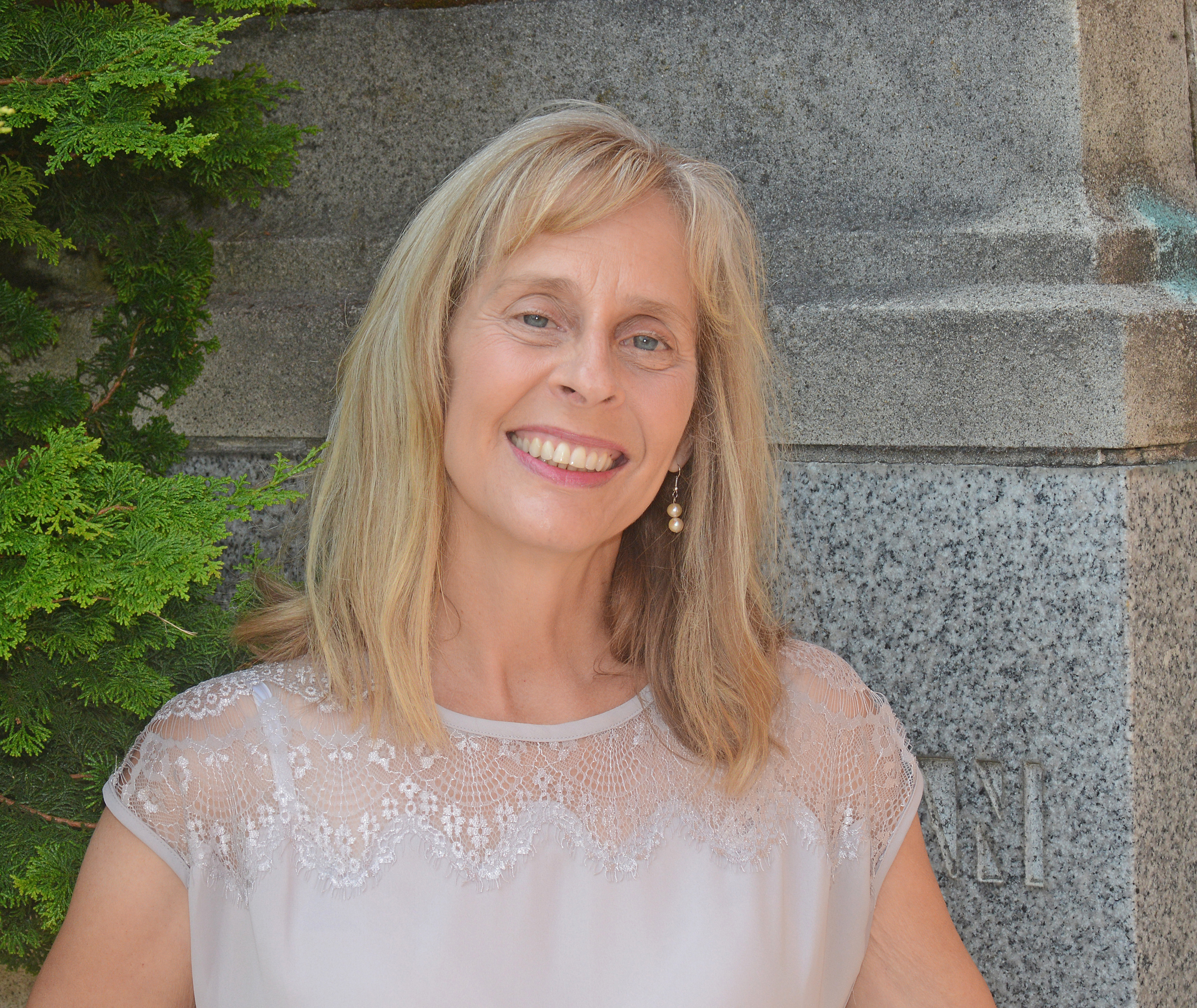As a writer, one of the things I’ve enjoyed most in recent years is getting to know other writers and walking with them on their creative journey. I’ve recently become acquainted with Mary VanderGoot, a writer and psychologist in Grand Rapids, MI. Mary has written the poignant and perceptive Maggie Barnes trilogy, published by Wipf and Stock. This series explores the hidden pain and redemption of an older woman and her family members. As a psychologist, Mary writes with the wisdom and compassion she’s acquired from counseling people through trauma and addiction. I recommend her books for anyone who would like to think through intergenerational hardship.
In the first book of the series, Broken Glass, Maggie Barnes is nearing the end of her life and finds herself unexpectedly confiding in the young nurse that assists her. Maggie revisits both her own hard memories and those of her children, and she discovers grace. I especially appreciated the acuity of the family conflicts in Broken Glass.
The second book, A Certain Slant, has just been released. In this book, Maggie’s son Rowland puzzles through his mother’s journals after her death. When he turns to her friend Alethea with questions, he learns not only about his mother but about her friends and the strong bond between them. In Rowland’s interactions with Alethea, he too finds healing in the circle of love that had sustained his mother.
I recently asked Mary VanderGoot about her writing and the experiences and ideas that led up to this series. Mary emphasizes that the characters in her books are not fictionalized versions of her clients. However, she noted an interesting relationship between hearing clients’ stories and shaping the stories of her characters.
“I recognize a fruitful crossover between the work of a therapist and fiction writing,” she says. “The overlap is in the nature of stories. Clients coming for therapy don’t show up in good times; they show up when life is cumbersome and miserable. Serious therapy involves telling parts of that story many times over until details are revised, the deepest contours are reshaped, and the characters are seen in a new light. By the end of therapy, hopefully, the client is able to say, ‘My life seems different now.’ Doesn’t that sound a lot like a novel? By allowing me to be with them hour after hour as they revised their stories, and by being able to do that for decades, my clients were teaching me how to look at life like a writer.”
A Certain Slant tells the hidden stories not only of Maggie Barnes but of her friends, and I found this one of the most enjoyable aspects of the book. I asked Mary about where these story ideas came from.
“Again, I must say my characters are not people I’ve known,” she says. “However, they do incorporate things I’ve observed. . . . Maggie, the main character of the first novel, is moving through the process of life review characteristic of many people in their later years. Listen to older people talk about their lives and you quickly discover that few of them live out their entire lives where they began. Get to know someone, and inevitably you are surprised by things you could not have guessed. This is the Maggie of the first novel, a woman who is discovered and nurtured by an unlikely friend who helps her surface what is hidden and buried.
“In the second novel, still imagining the life of Maggie Barnes, I wanted to explore friendship. The way friends know us is so different from the way we are known by family members. We often underestimate how much they shape us; they don’t get credits in our obituaries. I determined to create a circle of friends for Maggie, each of whom shapes and reflects Maggie in a distinctive way. Estelle is a woman whose life is shattered by cruel men, but she never loses her spirit. Lorraine is plain, but her generosity and simple goodness make her a treasure as a friend. Alethea carries the deep sorrows of loss, but that doesn’t stand in the way of her capacity for fierce loyalty. Are they types? Possibly, but I did my best to make them real by putting them into settings I know something about – a child alienated by a parent’s alcoholism, an agricultural community, ethnicity and immigration. They aren’t real people, but I do hope that they strike readers as true to life.”
Yes, these characters are true to life. And we can expect more of that strong quality in the third book of the series, Phantom Fathers, to be released in 2022.
“I decided that the third novel would be about men,” Mary says. “Maggie and her friends are colorful women whose lives reflect many social changes occurring during their lifetime. The place Rowland holds in Maggie’s family makes him an apt figure for exploring what happened to a generation of men during that same time. In contemporary culture we have taken a stand against lionizing or aggrandizing men at the expense of women, but can we still look sympathetically at the way circumstances also formed them? Can we own them, in the sense of holding with both sympathy and regard the way men are important to us? Is it possible to tell an honest story about our fathers without getting tangled up in fashions of opinion at the moment?”
Mary VanderGoot tells honest stories, full of understanding and sympathy, and I have no doubt that Phantom Fathers will be the same way. Thanks, Mary, for the compassionate stories you’ve written. Congratulations on the release of A Certain Slant, andI’m looking forward to exploring more of your insight in the next book.

Author and Psychologist, Dr. Mary VanderGoot



What a gift, Connie, to have you connect us with your writing friends in Grand Rapids! I’m looking forward to reading these books I wouldn’t have known about without your taking the time to write about them.
Thanks, Gretchen! I hope you enjoy the books. I suggest starting with the first one, Broken Glass.
Connie, how can I say “Thank You” enough for this very thoughtful review of my novels. As you and I both know, we cherish our readers, and what I have been discovering in our small circle of authors is the extra gift of having a reader who is also a writer. Thanks for your inspiration.
Thanks for your lovely note, Mary. It’s been my pleasure.
I am so glad you wrote this, for now I know what books to read next!
Mary was my therapist, and while that was years ago, I reflect often on wisdom tidbits she graced me with.
Thank you to both women! Now, I have to go out and purchase a couple books!
Pat, I’m delighted that this prompted you to read Mary’s books. Enjoy them!
Congratulations, Mary! I look forward to reading it!
Connie, I’d love to read these! But it looks like they haven’t crossed the Mississippi yet. Some are in Michigan libraries, but none in Seattle, Tacoma, or Lynwood, not even in Sioux Center, IA (which is heavily populated with “Vander…” names). So I’ll ask the Tacoma Public library and/or the church library to get them, unless you already have.